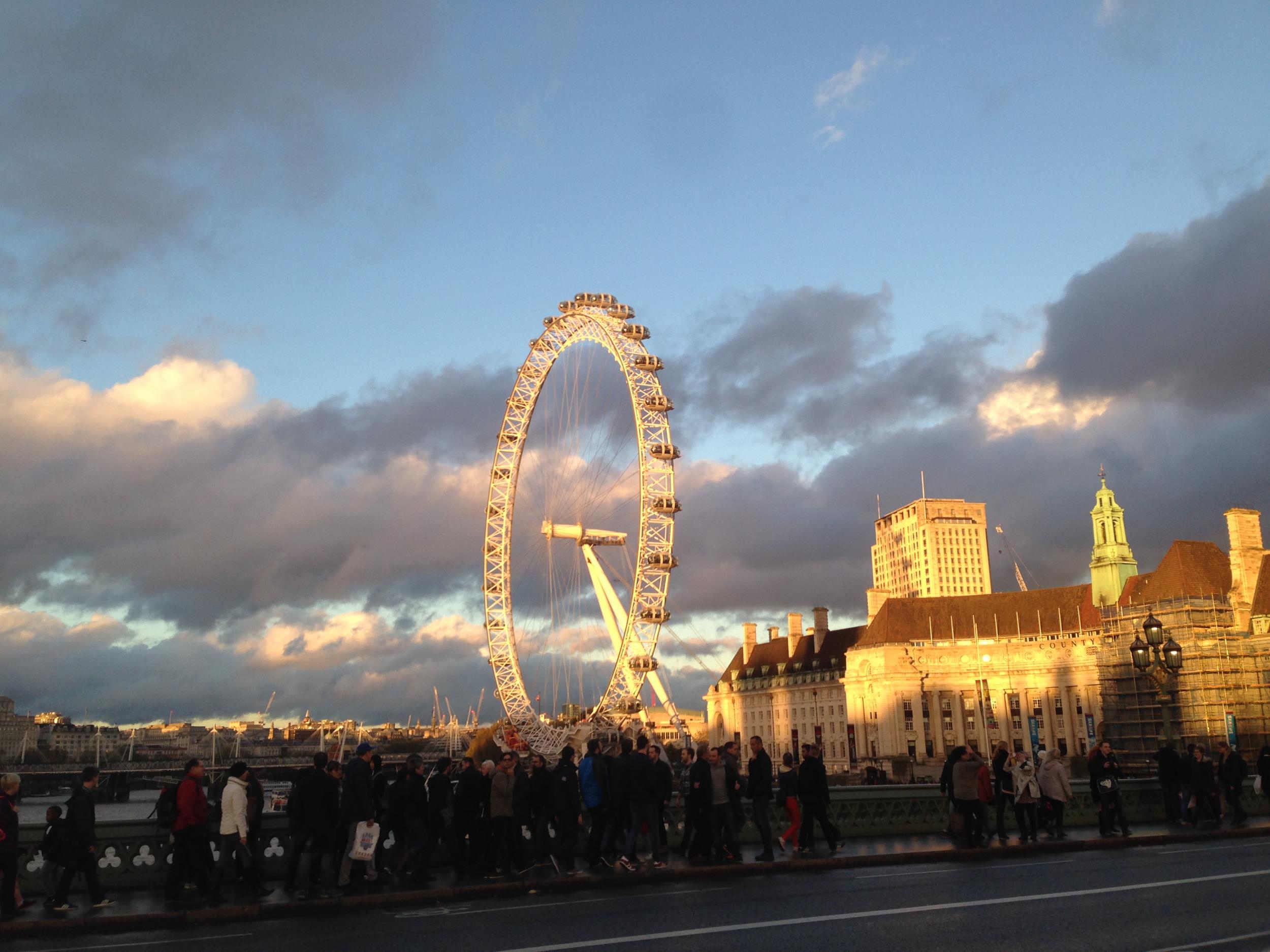London 'bed tax' sparks fury among hotels
‘This is a discussion with those in the hotel industry about how we can make sure London stays special,’ says Mayor

Hoteliers have reacted with fury to plans for a “bed tax” for the capital’s 2,100 hotels, which could add £3.40 to the cost of a night in a budget hotel in the capital.
A Greater London Assembly (GLA) report says tourism “imposes costs on London’s economy through additional demand on public services such as the public transport network, street cleaning, policing and health services”.
It says: “A Berlin-style tax of 5 per cent of the room rate per night could generate £240 million” each year.
Such a tax would add £3.40 to the price of the average £68 budget hotel room in the capital, and £32 to the cheapest room tonight at the five-star Lanesborough, currently £640.
Other options, such as taxing four- and five-star hotels more heavily, would raise less revenue.
The report says money could be directed to “cultural attractions offering free entry, borough councils maintaining the public realm, London government which promotes the tourism offer … or the industry itself for education and training purposes”. But it adds the levy “could also potentially support a reduction in other taxes”.
Ufi Ibrahim, chief executive of the British Hospitality Association, called the proposal “absolute folly” and said: “A bed tax, however small, will discourage guests from staying overnight and reduce the amount they spend in the wider London economy, impacting shops and restaurants as well as hotels. Local bed taxes will make it even harder for British businesses to compete.
“The UK’s rate of Tourism VAT is already twice the European average.”
London’s Mayor, Sadiq Khan, told The Independent that it was designed to ensure that “tourists who come to London contribute to our city.
“If you look around the world, major cities have a levy for tourists of one or two per cent.
“This is a discussion with those in the hotel industry about how we can make sure London stays special.
“Especially with hotels facing all sorts of pressures with the shared economy, the rise of Airbnb, what we don’t want to do, is cause damage to our brilliant hotels, some of the best in the world.”
London is the world centre of air travel, with more airline seats pointing at the capital than any other city on the planet. Almost 20 million foreign visitors came to the capital last year, with a typical stay of six nights.
The capital has 2,100 hotels, offering a total of 150,000 rooms, with around 25,000 rooms also available on Airbnb.
The GLA says 4.3 per cent of hotels in 2015 were five-star, with an average nightly rate of £233. Four-stars account for 24.5 per cent, while the remainder are three-star or below, hostels and traditional B&Bs.
One of the most popular London boroughs for tourists, Camden, has considered a £1 per night bed tax to pay for street cleaning in locations such as Camden Lock.
As The Independent revealed earlier this month, the city of Bath is considering a tourism levy. A council spokesperson said: “As Bath welcomes such a large number of tourists from all over the world, it is sensible to consider the potential for increasing the council’s income to help support local services, invest in the local area and address the financial challenges it faces.”
There is no immediate prospect of a bed tax in London, Bath or anywhere else in the UK, as it would require new Parliamentary legislation.
Join our commenting forum
Join thought-provoking conversations, follow other Independent readers and see their replies
Comments
Bookmark popover
Removed from bookmarks